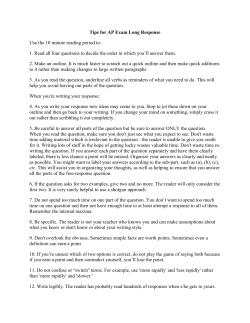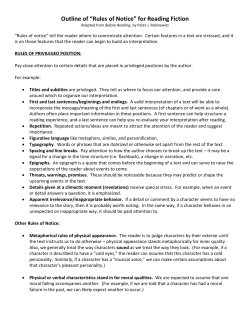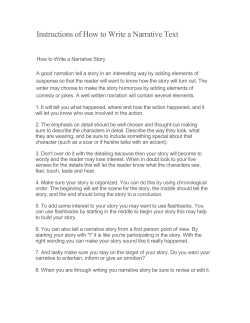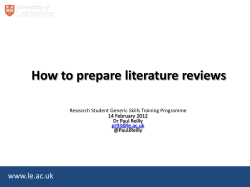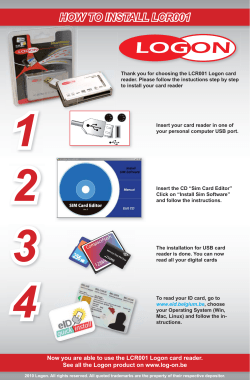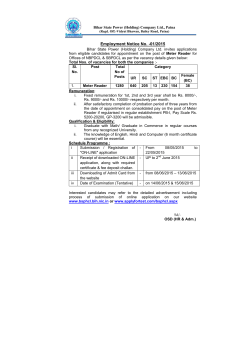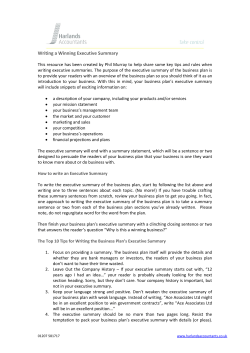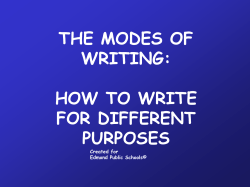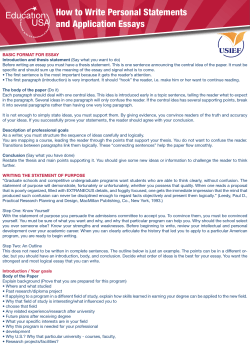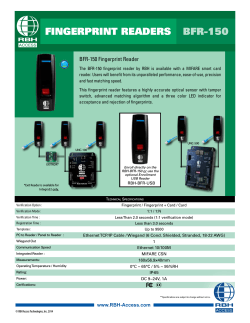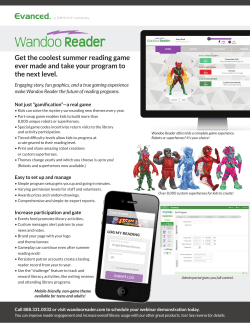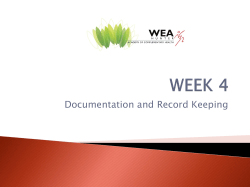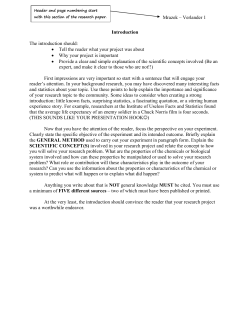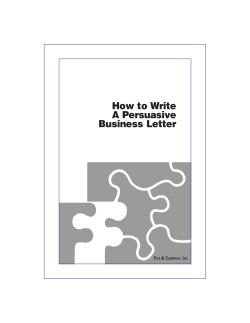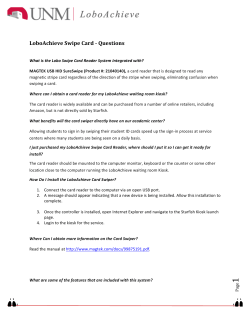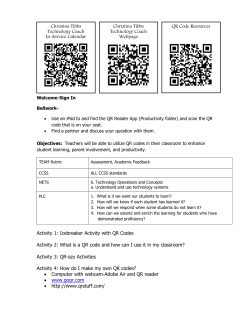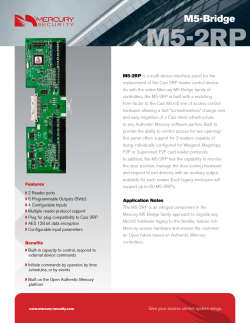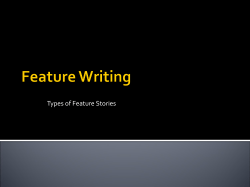
Persuasive Essay Notes Midterm Exam
Persuasive Essay Notes Midterm Exam Prewriting and Organizing •Do I have strong feelings about this issue or topic? •Which of my reasons are most important in order to support my topic? A good thesis statement will… • state your opinion and yours ONLY • not include the “other side” of the issue • not be stated as a question. • sometimes begin with “I believe” so the reader will not be mistaken as to what you are supporting Sentence structure should… • be written in logical order of events • include the proper punctuation such as commas to separate logical order of events • Example: Once she decided to choose the book, it took a long time for the students to read it. Supporting your reasons means you must include some of these… • • • • • • evidence anecdotes statistics interviews examples research or survey results Evidence/Anecdote • When schools were closed after a recent flood and the school buses were not running, my father had to leave his job early to pick us up from school. Evidence/Fact • My reasons for wanting an extended lunch period are not completely ridiculous. I am angry about not having enough time to eat my lunch due to the long line and wait time. Reasons • Teenagers who spend excessive time on their iPhones playing games might miss out on personal relationships with friends and family. Evidence/Fact • Memory loss is a real problem among older people. (evidence) Aging contributes to diseases such as Alzheimer’s Disease, a real disease that is diagnosed and can be treated.(fact) Reaching the reader and acknowledging concerns… • It is acceptable to me when kids use the computer for worthwhile purposes. There are worthwhile reasons for kids to use the computers. (addressing reader’s concerns) Restatement of Opinion • Should always “say what you mean and mean what you say” • Should not be stated the same way as introduced • Should briefly summarize reasons for supporting opinion Call To Action • The reader should be reminded to “do” something or “act” on what you have persuaded them to do Personal Narrative Essay Notes Midterm Exam Prewriting and Organizing •Does my topic contain a conflict or a surprise? •Can I ask the 5W-How questions about the incident I plan to write about? Attention Grabbers! • Grab your reader’s attention so that they will want to keep reading • Use creative ways to entice your reader • My family takes a vacation to the beach every summer. • The smell of the salty air lets me know we are getting closer to paradise. Dialogue • When including • Example: “Hey, Dad,” I dialogue in your essay said, “they have free don’t forget to include balloon rides at the proper punctuation and fair.” capitalization. Transitional Words • Use transitional words that “fit” • Reread the sentence so that you know “the point in time” • Commas are used after transitional words and phrases • • • • • Examples: Finally, Then, Next, However, Precise Words • Use “precise words” to make your feelings known so that the reader understands exactly how you feel • Words like good, stuff, and got scared don’t really represent a precise word • Good=Excellent • Stuff=belongings • Got scared=panicked Sensory Details • Use sensory details to give the reader a better “picture” of what you are feeling, seeing, or touching • Sensory details make the reader want to read more because he/she can “visualize” the writer’s feelings • Example: In an instant, I felt like I was slowly and softly floating above the puffy white clouds. Meaning of Experience • A meaning of experience must be included in the conclusion of a personal narrative • MOE gives the reader insight into the writer’s thoughts and feelings after experiencing an event that he/she has written about. • MOE gives purpose to your personal narrative writing
© Copyright 2025
